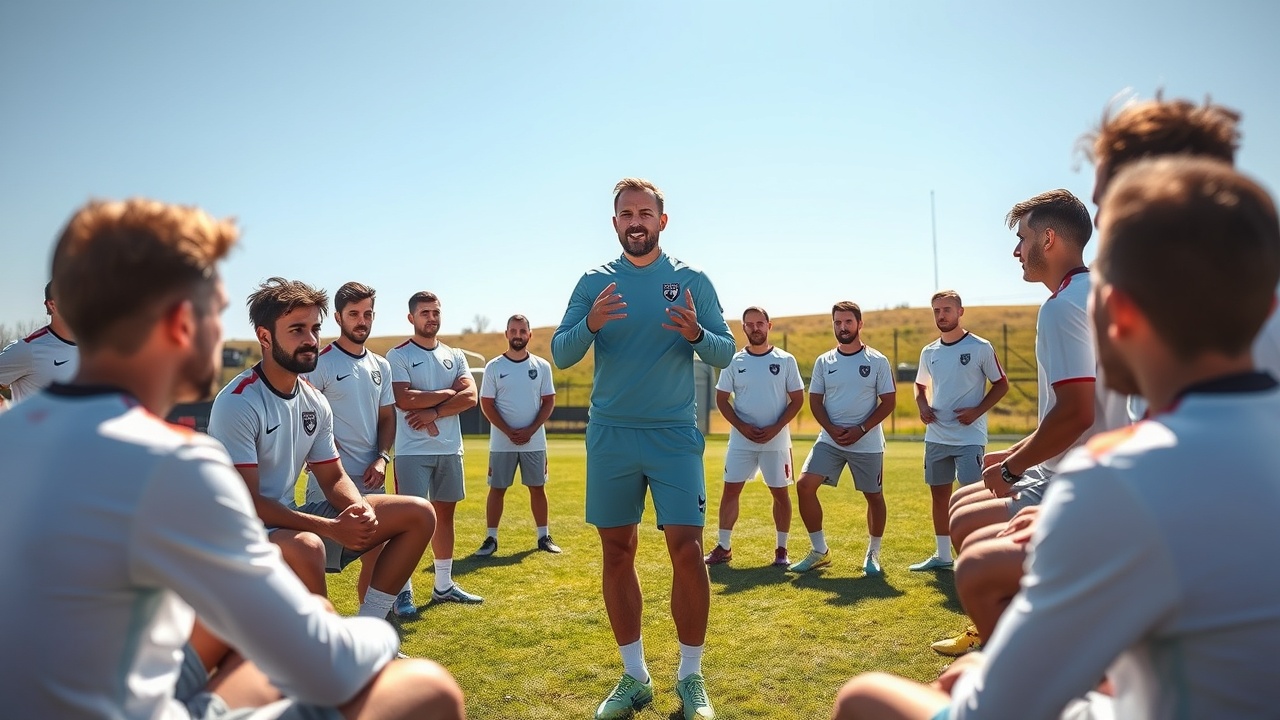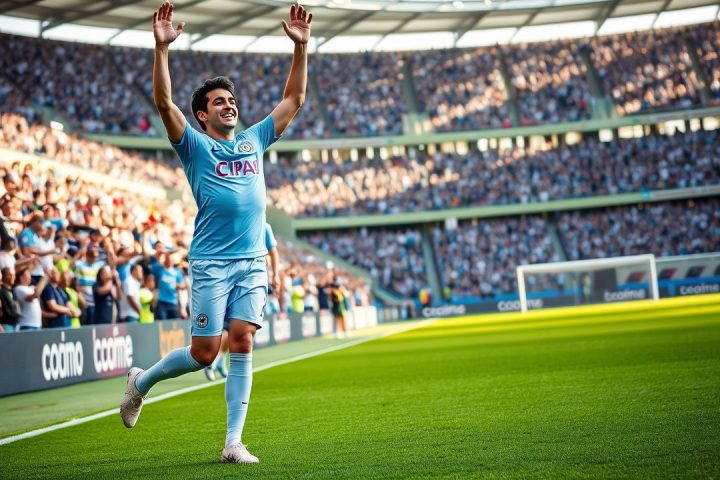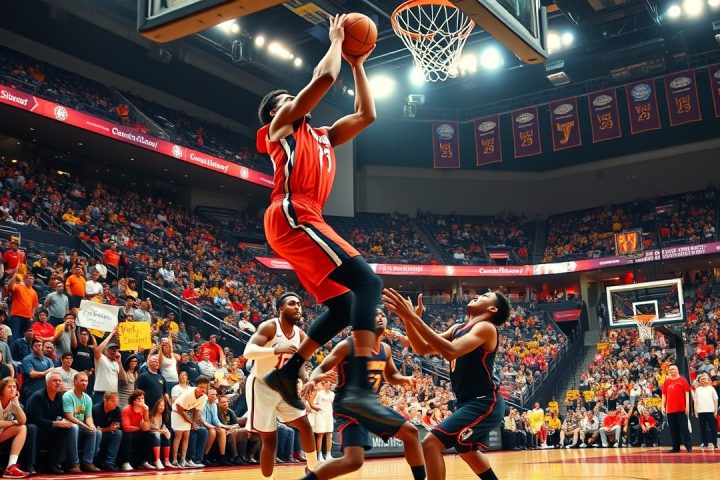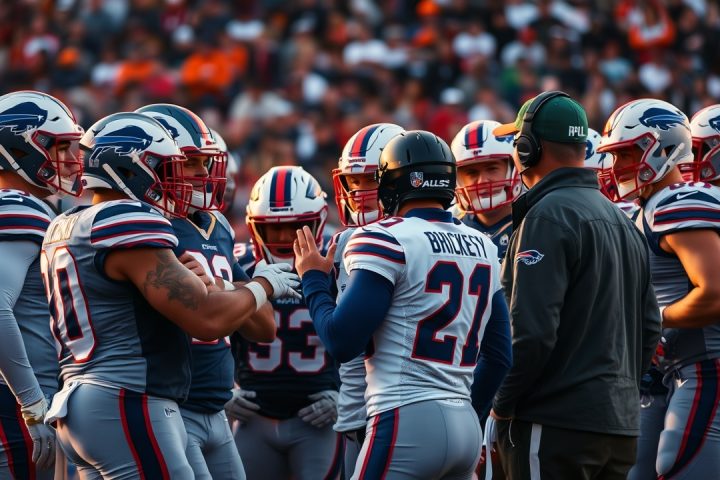The USMNT’s Disappointing Defeat
The United States Men’s National Team (USMNT) suffered a disappointing 2-1 defeat to Turkey, overshadowed by both a remarkable debut goal from Jack McGlynn and a mishap leading to an own goal from Johnny Cardoso. A pivotal moment occurred just before the regrettable goal against Matt Freese.
Alex Freeman skillfully intercepted a ball from Juventus’ Kenan Yildiz near the USMNT’s penalty box and passed it to Cardoso.
With Turkey transitioning in defense, Cardoso had a golden opportunity to launch a quick pass into open space on the left, but he delayed and opted for a more conservative pass back to Chris Richards. USMNT coach Mauricio Pochettino visibly expressed frustration, underscoring the team’s lack of urgency and speed in their play.
Pochettino’s Challenge
Pochettino has acknowledged the team’s struggles with pace, reflecting on this issue after both the Turkey match and a prior loss to Panama in the Nations League semifinals. To enhance performance ahead of next summer’s World Cup, he must instill greater momentum in his players. Although Pochettino has presided over only nine matches, the nature of these games has predominantly been non-competitive, complicating the assessment of his methods.
Coaching Philosophy Shift
A notable shift in Pochettino’s coaching philosophy from former coach Gregg Berhalter lies in how the team engages in possession. Berhalter employed a structured positional play, while Pochettino allows players greater freedom in interpreting movements on the field. Midfielder Luca de la Torre remarked that the pressing style has become more aggressive, especially from goal kicks, inviting players to engage more directly in the opponent’s half.
However, whether this more fluid style will yield results remains uncertain. Strict positional approaches can provide immediate clarity, while relational playing styles require time for players to synchronize their movements and instincts. The USMNT’s struggles in moving the ball swiftly could stem from this lack of familiarity, made more complex by rotational lineups from game to game, given the limited international schedule.
Measuring Effectiveness
Analytics compiled by Stats Perform reveal that Pochettino’s team ranks lowest among managers with similar experience in terms of ball speed and possessions per match. Questions arise regarding the effectiveness of his tactics, as US soccer has traditionally valued chaos and high tempo, evident in teams like Liverpool and PSG. The current player roster is arguably better suited to a dynamic approach, as seen in their individual performances in fast-paced leagues.
Despite the emphasis on a slower build-up, Pochettino’s tenure has yet to yield significant opportunities for goals. The team has produced fewer attempts at the goal on average per game than under previous coaching, indicating a potential mismatch between player skill sets and coaching directives. To maximize scoring potential moving forward, especially with the Gold Cup and World Cup approaching, the USMNT must address its effectiveness in creating high-quality scoring chances.
Potential Solutions
Meanwhile, the strategy of leveraging set pieces—often neglected—could serve as a lifeline for the USMNT. Although the team has engaged a specialist in set pieces, initial evidence suggests minimal progress in utilizing this tactic. If Pochettino can refine how the team capitalizes on set pieces while instilling a faster-paced game, he may unlock the full potential of a young team eager to excel on the international stage.




